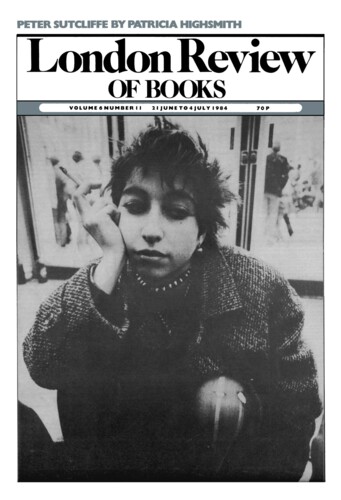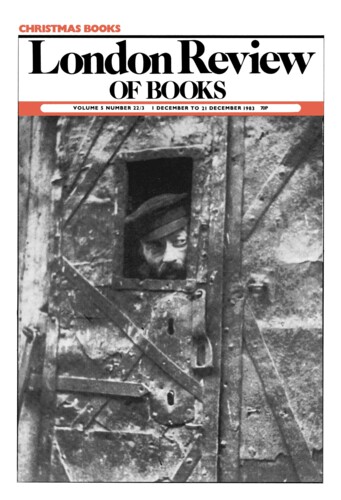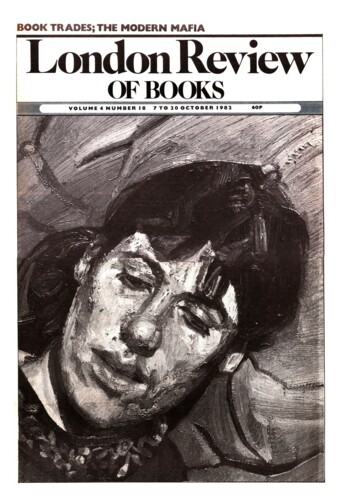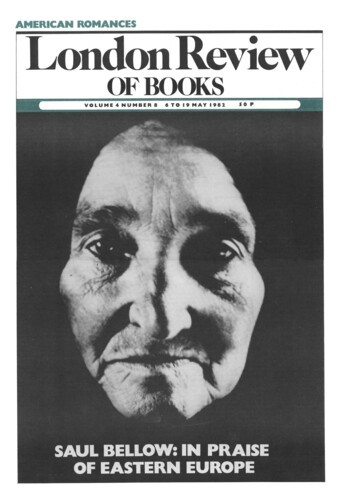There has been an abundance of good critical writing about Thomas Hardy, from Lionel Johnson in 1894 to our own day, but his biography has been in a curious condition from the start. The authorised version (Early Life, 1928; Later Years, 1930) is supposed to be by Florence, his second wife, but is wholly composed from notes by Hardy himself, and for the most part actually dictated by him. Along with a record of the basic external facts it gives, often unknowingly, an incomparable insight into certain aspects of Hardy’s mind. But there is a good deal that it leaves out. Ordinary family discretion was compounded by an anxious secretiveness to produce something like a touched-up Edwardian photograph, not exactly false, revealing more of the truth than it means to, yet keeping a great deal in the shadows. The standard life apart from this is Carl Weber’s Hardy of Wessex (1940). It fills out and amends the quasi-autobiography with good judgment and reasonable candour, but it relies heavily on self-revelation in the novels, and is rather short on concrete detail. R.L. Purdy’s invaluable Bibliographical Study (1954) gives far more than its name implies, and is packed with biographical information. And innumerable references to Hardy, pen-portraits and sketches, appear in the memoirs of others. So altogether a completer picture than the one he issued himself has long been beginning to form. But the full-scale biography has never been attempted till now. There are times when a nail gets knocked in so thoroughly that no one need touch it again, and this is the case with Michael Mill-gate’s biography, which is surely, if the word means anything, definitive. Millgate has been in a strong position to make it so. He has already written a detailed study of the novels, he is evidently a close student of the poetry, and with Purdy is co-editor of Hardy’s letters, of which the third volume (of a projected seven) has just appeared. This is a superb edition, comprehensive, full but discreetly unobtrusive in its annotation, and impeccable in its editorial method. Without embarking on the troubled sea of interpretation, Purdy and Millgate between them have given as detailed a study of Hardy’s career as any that exists for any 19th-century author. The edition of the letters is complementary to Millgate’s biography, and evidently planned in parallel with it. No source of information has been left untapped, printed, manuscript or oral; and I cannot suppose that this record can be added to or in any substantial way altered.
3 more books reviewed
There has been an abundance of good critical writing about Thomas Hardy, from Lionel Johnson in 1894 to our own day, but his biography has been in a curious condition from the start. The...




